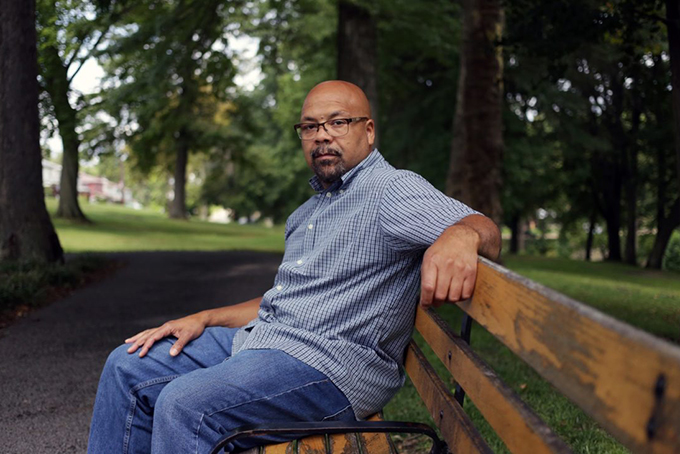
It was June 5, 2017, and this was one of numerous public meetings designed to gather community input while reporting on a series of renovations planned for the 78.5-acre park. The meeting was convened by staff of the Pittsburgh Parks Conservancy, which is partnering with the City of Pittsburgh to spearhead renovations. During the first phase of construction, park entrances and trails into the area known as Chicken Hill are to be excavated and repaired. Stormwater runoff will be captured, kept out of the city’s overburdened sewer system.
READ ENTIRE ARTICLE AT:
https://publicsource.org/will-mckinley-park-upgrades-improve-the-struggling-beltzhoover-community-or-leave-its-longtime-residents-behind/